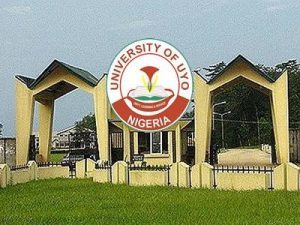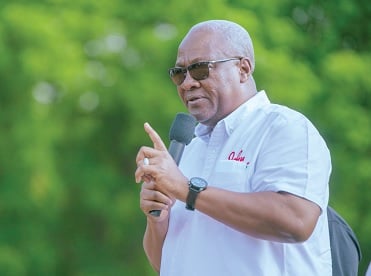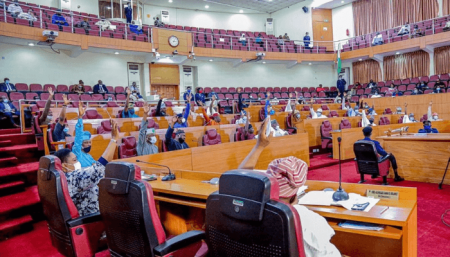President John Dramani Mahama delivered a stern message to Metropolitan, Municipal, and District Chief Executives (MMDCEs) emphasizing accountability, transparency, and the judicious use of public funds. He underscored the importance of their roles in local governance and development, while simultaneously making it clear that any misuse of public resources, particularly the District Assemblies Common Fund, would not be tolerated. The President’s address, delivered during a training program for MMDCEs, served as a direct warning that he would not intervene to protect them from investigations into potential corruption or mismanagement. This reinforced the message that accountability and adherence to the highest ethical standards are paramount in public service.
The President’s admonition carried significant weight, especially considering the increased autonomy MMDCEs now have over the District Assemblies Common Fund. With 80% of the fund under their direct control, the potential for misuse is heightened. Mr. Mahama firmly stated that these funds must be exclusively utilized for the benefit of the people they serve and not diverted for personal gain or “creature comforts.” This direct address aimed to establish a clear line between appropriate public expenditure and personal enrichment, emphasizing that the public’s welfare must be the primary driving force behind all decisions regarding the allocation and use of these resources.
The President’s emphasis on transparency was further reinforced by his reminder regarding asset declaration. He stipulated a deadline of July 15 for all MMDCEs to fulfill their constitutional obligation to declare their assets and liabilities. This requirement serves as a crucial mechanism for promoting accountability and preventing conflicts of interest. By making their financial holdings public, MMDCEs are subject to greater scrutiny, which can deter illicit activities and ensure that their decisions are not influenced by personal financial considerations. This measure contributes to building public trust and maintaining the integrity of local governance.
The training program itself reflects the government’s commitment to equipping MMDCEs with the necessary skills and knowledge to effectively manage public resources. By providing this training, the administration aims to enhance their capacity to implement development projects, oversee public services, and ensure that funds are allocated appropriately. The combination of training and stringent oversight mechanisms underlines the government’s multi-pronged approach to promoting good governance and minimizing opportunities for corruption within local administrations. This commitment to professional development, coupled with clear expectations regarding ethical conduct, aims to create a more effective and accountable local governance structure.
Furthermore, President Mahama’s explicit mention of the Auditor General Department and other anti-corruption institutions served as a potent reminder that their actions are subject to constant scrutiny. This emphasized that any attempts to misappropriate funds or engage in corrupt practices would be investigated and prosecuted. By invoking these oversight bodies, the President sent a clear signal that he expects MMDCEs to operate with the utmost integrity and that any deviations from this standard will have serious consequences. This not only acts as a deterrent to potential wrongdoing but also bolsters public confidence in the government’s commitment to combating corruption.
In essence, President Mahama’s address encapsulated a broader message about the importance of ethical leadership and responsible governance at the local level. He articulated the expectation that MMDCEs should not only manage public resources effectively but also conduct themselves with integrity and transparency. By drawing a clear line against corruption and emphasizing the importance of serving the public interest, the President aimed to establish a culture of accountability within local government structures. This message reinforces the fundamental principle that public office is a public trust, and those entrusted with this responsibility must prioritize the welfare of the communities they serve.














